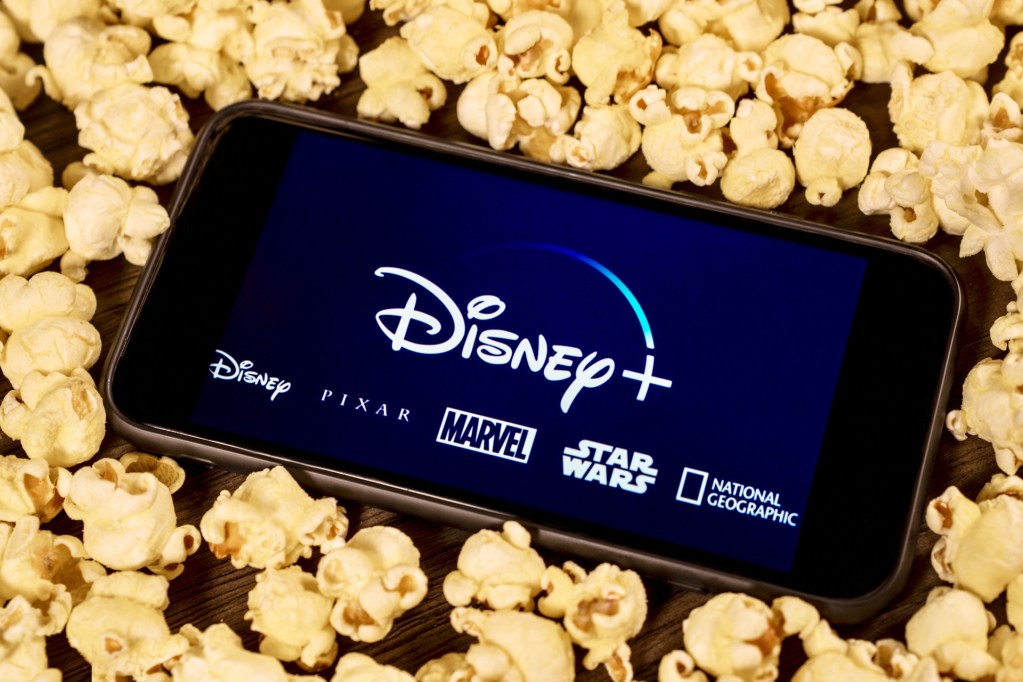
Since it was launched in late 2019, Disney’s streaming service, Disney Plus has been loved by Disney fans of all ages. In addition to airing many Disney classic movies and television shows, the platform also engages younger generations with fun new shows and movies to share as a family. Streaming platforms have become the go-to forms of entertainment for families and households across the country, prompting many to ditch cable completely.
But since more viewers are using forms of home entertainment like Disney+, some may be wondering if they can share that subscription with other members of their family or their friends, who may or may not reside in their household.
If others have asked you to give them your Disney Plus login details, you may want to know if sharing that info will get you locked out, or worse, banned from the platform, especially since streaming services like Netflix have decided to crack down on password sharing. So, can you share Disney+?
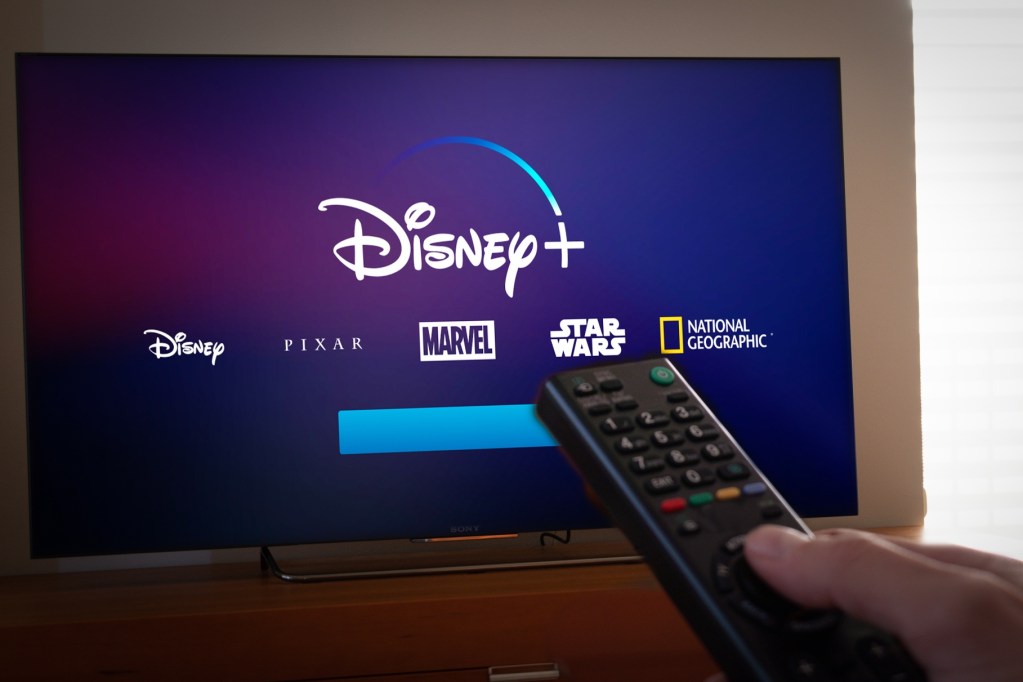
What is password sharing?
While not a new concept — in fact, Netflix, Hulu, and Amazon Prime also struggle with password and account sharing — you may be wondering if Disney plans to restrict users from sharing profile and login information with other households of friends and family members.
For those who may not be aware of what it means, password sharing is simply giving other people, such as your best friend or your brother, your username and password, to log in to your paid subscription to any streaming service provider. Because accounts are being shared, less money makes it into the pockets of the streaming companies. It seems most people do this in order to cut down on the cost of having multiple streaming services.
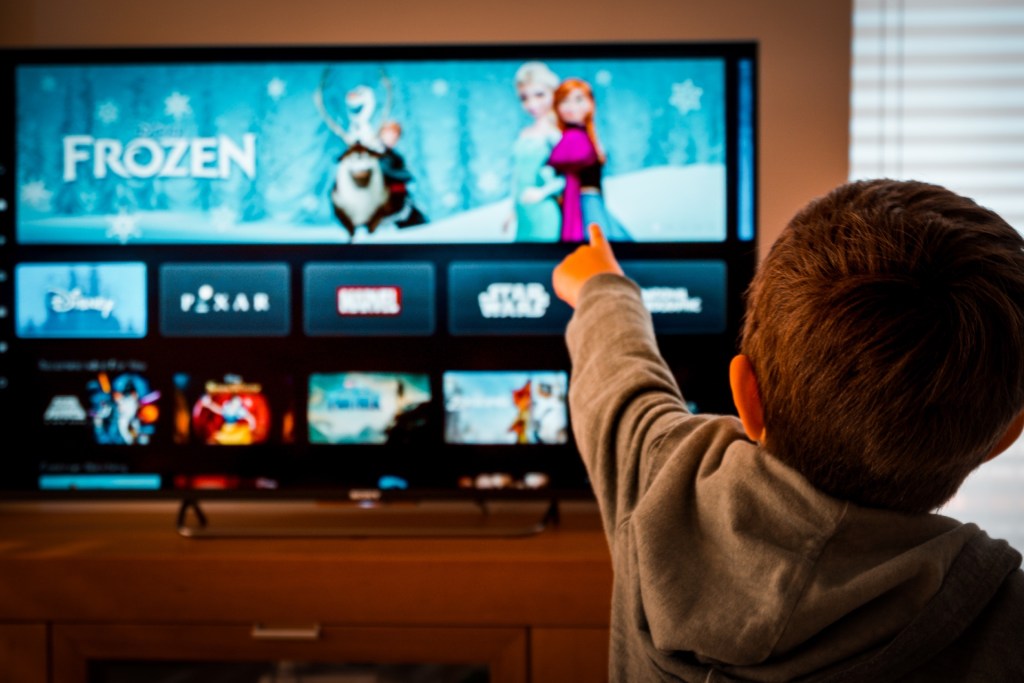
What’s the benefit?
As we mentioned previously, the main driving force behind streaming service password sharing is to save money. For example, let’s say a family of five with young children in the home uses Netflix, Hulu, Amazon Prime, and Disney Plus accounts. That family spends approximately $55 per month on those services. This was calculated using their mid-tier service options.
In a year’s time, the total spent is over $650 — not including any other monthly TV services. To some, that can be a significant amount of money to spend on TV entertainment, which makes it a little easier to understand why certain people agree to share their login information. Some families split the cost evenly, while others draw straws on which household pays for which streaming service.
Other reasons for password sharing are being able to watch shows and movies together as a group or monitoring your children’s watching activity.
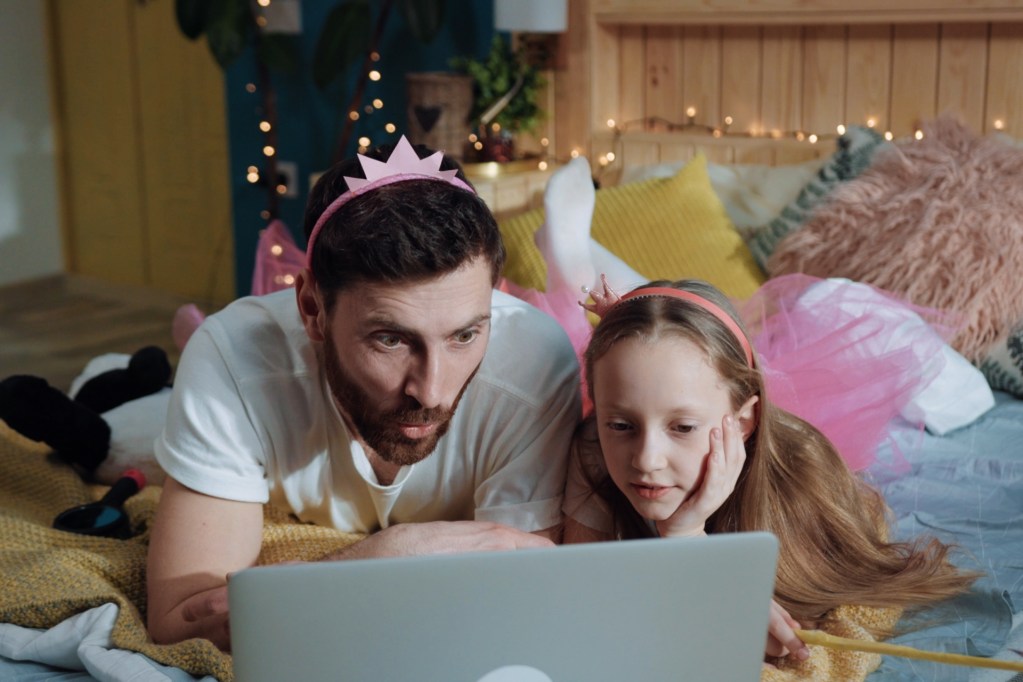
But is password sharing allowed on Disney Plus?
Other streaming companies have placed restrictions on their customers in order to combat the “abuse of account sharing.” They have gone as far as limiting:
- The number of devices that can play content at one time under one account
- The number of profiles under each account
- The number of device locations per account
By doing this, those streaming companies can crack down on their loss of revenue due to password sharing. If you aren’t sure about the company you currently use, chances are that if it’s been around for very long, it likely has some kind of restriction in place. A quick Google search can help locate those companies’ policies, should you be curious if your favorite streaming service is limiting your privileges.
Disney is no fool when it comes to knowing its customer base. The company is fully aware of its following of devoted fans’ and shoppers’ wants and desires, which makes its entrance into the world of streaming services all the greater of an impact. Pulling all its content into one central bank-style platform was truly a brilliant move. The company did its research when putting the Disney Plus project together and built a system with restriction capabilities. However, at this time, it has chosen not to implement them.
Those restrictions exist in the back-end area of the platform’s coding system, should customers decide to sign up and create profiles for every member of their family and friends, yet only pay $7.99+ (the base price as of 2023) for their subscription.
According to The Verge, while being interviewed during a media preview event in the weeks following Disney+’s release (in 2019), the president of Disney Streaming Services, Michael Paull, commented on this subject by saying, “Password sharing is definitely something we think about.”
He added, “They’re going to use those accounts for their family, for their household. That being said, we do recognize password sharing exists and will continue to exist.”
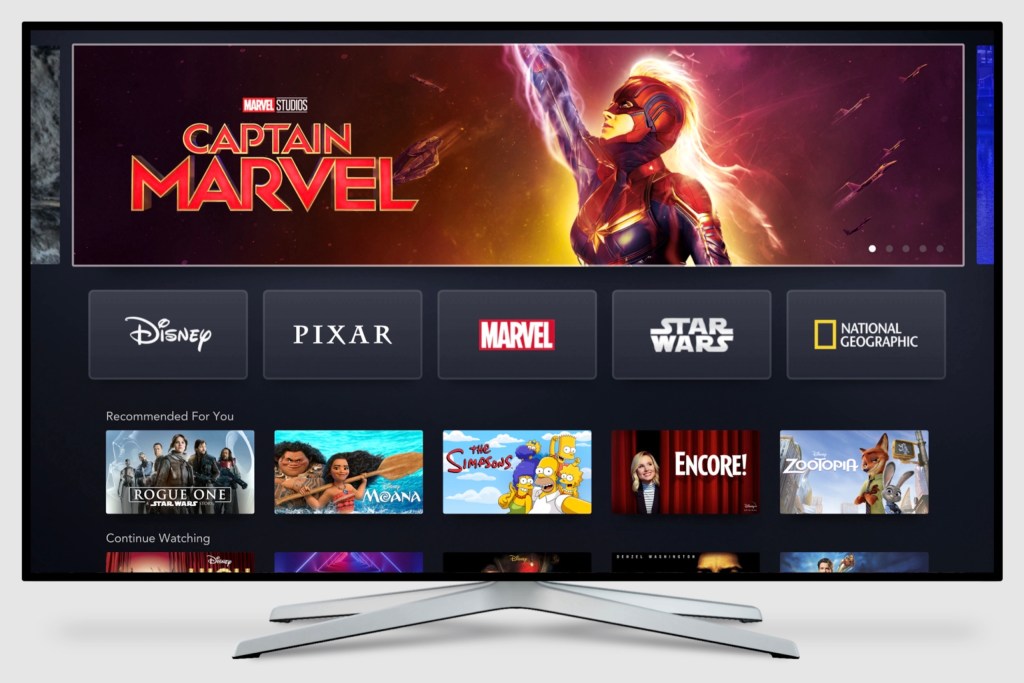
Disney Plus subscriber agreement
According to TechRadar, Disney Plus’s subscriber agreement puts more emphasis on your responsibility as an account holder to keep your password information safe and that the streaming service isn’t liable for damages from misuse of your login details.
The following is from the subscriber agreement: “You are solely responsible for maintaining the confidentiality and security of your username and password and for all activities that occur on or through your Disney+ and ESPN+ accounts. However, if you allow others to access your Disney+ or ESPN+ account, this Agreement, as well as any specific consents you may have provided, also applies to their access, use, and disclosure of information.”
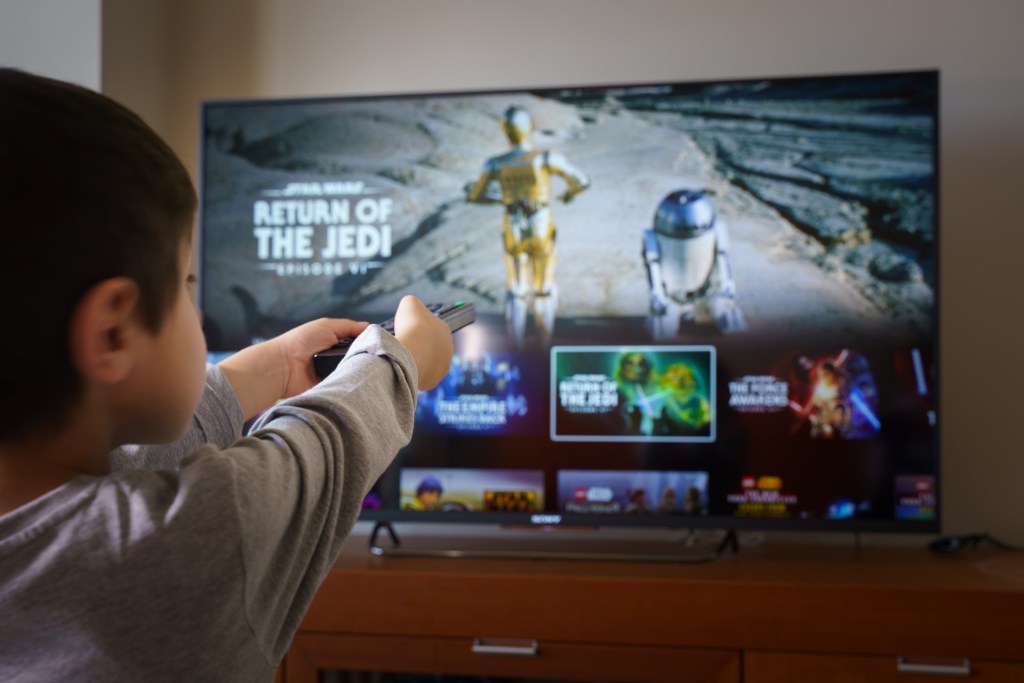
What does this all mean?
If you’re concerned Disney is going to take away your chance to fly away to Neverland or make your toddler’s favorite Disney princess movie disappear, fear not! It appears that the powers that be at Disney headquarters are aware of the issues surrounding streaming service password sharing, and for now, aren’t implementing any measures to limit this, but they’re coming.

Changes are coming
With streaming giants like Netflix taking a stand against password sharing, we shouldn’t be surprised to see other platforms like Disney Plus following suit. During the company’s Q2 2023 earnings call, Disney CEO Bob Iger commented on the issue of password sharing. “We already have the technical capability to monitor much of this [password sharing]. And I’m not going to give you a specific number, except to say that it’s significant,” he stated. He went on to add that Disney is looking to implement new policies regarding password sharing by the end of 2023. “Later this year, we will begin to update our subscriber agreements with additional terms on our sharing policies, and we will roll out tactics to drive monetization sometime in 2024,” Iger said.
If you’re in a password-sharing situation right now, you may want to enjoy it while you can!



